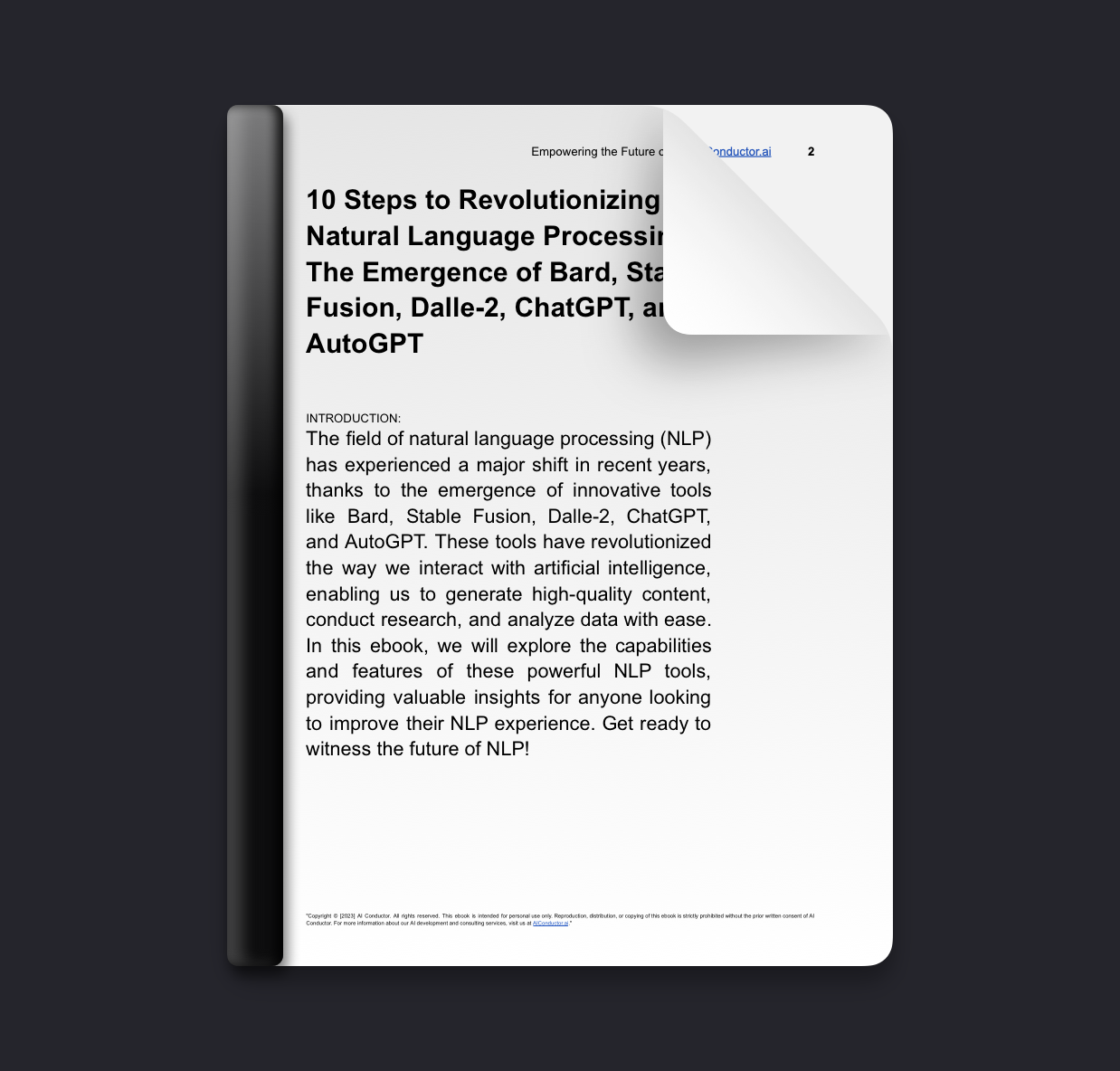Quick Take:
Is Your Voice Being Cloned? The Shocking Truth About Vall-E's AI Technology!
Simplified Overview:
A startup named Vall-E has developed a new technology to clone human voices using artificial intelligence. The technology has potential applications in industries like entertainment, education, and healthcare.
Insider Look:
Voice Cloning: The Future of Personalized Communication
Have you ever wondered what it would be like to have a personal assistant that sounds exactly like you? With the rise of voice cloning technology, this could soon become a reality.
Voice cloning is the process of creating a digital replica of someone's voice. This technology uses deep learning algorithms to analyze a person's voice and create a synthetic voice that sounds just like them. This can be done with just a few hours of audio recordings.
One of the most exciting applications of this technology is in the field of personalized communication. Imagine being able to send a message to your loved ones in your own voice, even if you're not physically present. Or, imagine a customer service chatbot that sounds just like a real person.
Voice cloning also has potential applications in the entertainment industry. It could be used to create voiceovers for movies and TV shows, or to bring deceased actors back to life in a digital form.
However, there are also concerns about the ethical implications of voice cloning. It could be used to create fake audio recordings for malicious purposes, such as impersonating someone or spreading false information.
Despite these concerns, voice cloning technology is rapidly advancing and has the potential to revolutionize the way we communicate. It will be interesting to see how this technology develops in the coming years.
Have you ever wondered what it would be like to have a personal assistant that sounds exactly like you? With the rise of voice cloning technology, this could soon become a reality.
Voice cloning is the process of creating a digital replica of someone's voice. This technology uses deep learning algorithms to analyze a person's voice and create a synthetic voice that sounds just like them. This can be done with just a few hours of audio recordings.
One of the most exciting applications of this technology is in the field of personalized communication. Imagine being able to send a message to your loved ones in your own voice, even if you're not physically present. Or, imagine a customer service chatbot that sounds just like a real person.
Voice cloning also has potential applications in the entertainment industry. It could be used to create voiceovers for movies and TV shows, or to bring deceased actors back to life in a digital form.
However, there are also concerns about the ethical implications of voice cloning. It could be used to create fake audio recordings for malicious purposes, such as impersonating someone or spreading false information.
Despite these concerns, voice cloning technology is rapidly advancing and has the potential to revolutionize the way we communicate. It will be interesting to see how this technology develops in the coming years.
Key Takeaways:
Story Highlights in 3 words:
Technology, Innovation, Artificial Intelligence
Winners & Losers:
Pros:
1. Voice cloning technology can be incredibly useful for people with speech impediments or disabilities, allowing them to communicate more easily and effectively.
2. It has the potential to revolutionize the entertainment industry, allowing for more realistic and immersive voice acting in movies, TV shows, and video games.
3. Voice cloning could also be used in emergency situations, such as creating lifelike voice recordings to help guide people to safety during a natural disaster.
Bottom Line:
Voice cloning technology has the potential to revolutionize the way we communicate and interact with each other. It can be used to create more realistic and engaging virtual assistants, improve accessibility for people with speech disabilities, and even bring deceased loved ones back to life through their recorded voices. However, with the power to mimic anyone's voice comes the risk of misuse and manipulation, highlighting the need for ethical guidelines and regulations to ensure its responsible use.

Ref.
Join The Conversation!





